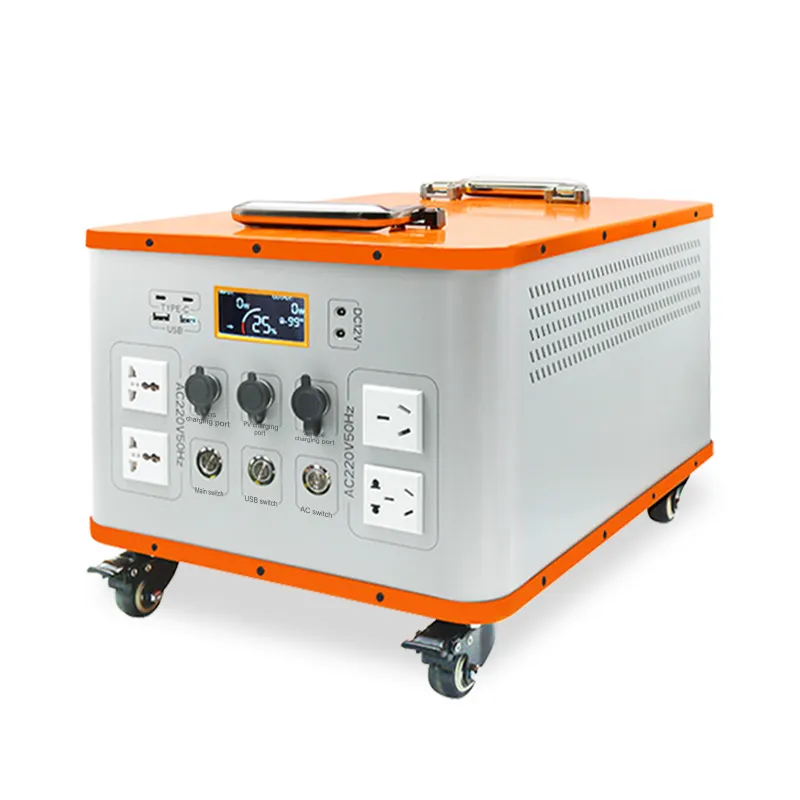Views: 200 Author: Ubest Publish Time: 2023-07-31 Origin: Site









Yes is the simple and clear answer to this question! Disasters, accidents, storms, and human errors can occur at any time, regardless of how reliable your regional electricity grid is. They can mean no electricity for hours or even days in some circumstances, and if the weather is extreme enough, this can become deadly, or at the very least deeply uncomfortable.
During the worst types of temporary grid outages, a house battery can quickly become your lifeline to somewhat comfortable living, making it an incredibly worthwhile investment.
When paired with your off-grid electricity-producing equipment, such as a solar array, your house battery can even become a long-term alternative power supply for your home, reducing your dependency on potentially expensive electrical grid pricing. The financial savings alone make house batteries attractive investments that soon pay for their own low cost.
Finally, for rural or urban households that are not connected to a larger power grid, home batteries provide a steady reserve of power when combined with home solar or wind-generating systems that do not produce power 24 hours a day.
You should prepare to evacuate before a major hurricane strikes your neighborhood. Even if you have fantastic hurricane preparedness gear, you run the danger of losing your life if you try to wait out the storm.
Look at the roads in your neighborhood. A major highway can be used for evacuation, but it might be congested. In the event of heavy traffic, you ought to have a backup plan. Click here for 3000W 2500Wh Portable Power Station.
Try to locate the closest hurricane shelter if you are unable to escape your neighborhood. One might be run by your local and state governments out of a school or a stadium.
You should draft a hurricane preparedness plan for mild storms. You should make a note of your family's contact information and emergency phone numbers. You should stay in touch with others and tune in to your radio both during and after a storm.
Secure your home whether you are leaving during a storm or staying put. To prevent rain and floodwater from penetrating inside, install tight weatherstripping around your doors and windows.
To prevent them from breaking, you should cover your windows with plywood boards. So that a first responder knows you are inside, you might write your name and contact information on a board.
You must bring within your home everything that is outside. Garbage cans, furniture, and pieces of art can all be thrown into your windows by the wind.
Your basement or lower floors could be inundated by floodwater. Any priceless items, especially ones made of paper or glass, should be moved to your upper floors. Take pictures of these items so that you can be reimbursed if they break.
To find out what storms are forming nearby, go to the National Hurricane Center's website. Your disaster & emergency preparedness plan should begin as soon as the center provides a storm forecast. If you haven't purchased the items on your storm supply list, you should.
When a hurricane comes through your house, you should stay in a safe room. Avoid the windows and move toward the center of your home.
If you are not at home, stay until a local government official advises you to return. You can use the goods in your emergency kit until services are restored. The National Guard and Red Cross can also assist.